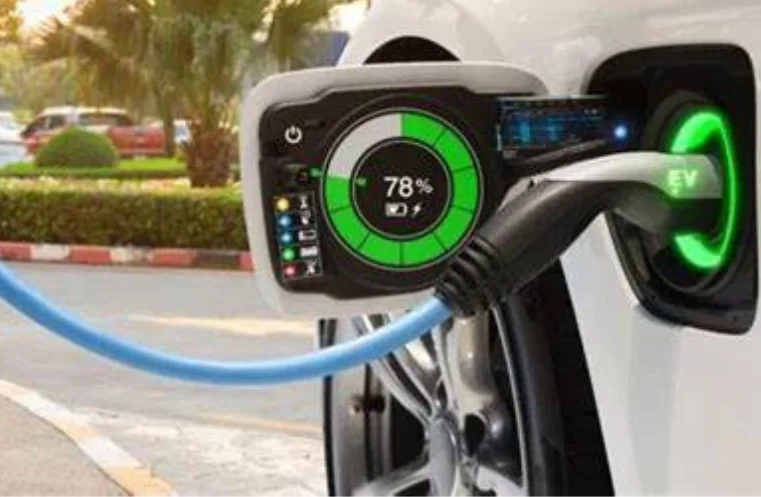Islamabad, Feb 3: Pakistan is taking a major step towards a greener future by setting a goal to have 30% of all vehicles running on electric power by 2030. With the backing of the Special Investment Facilitation Council (SIFC), the government is implementing key policies to accelerate the EV industry’s growth and promote EV charging stations nationwide.
Infrastructure and Policy Support for EVs
To achieve this ambitious target, the government is focusing on expanding EV infrastructure, which includes:
- Manufacturing electric vehicles such as cars and motorcycles.
- Setting up fast-charging stations across major highways and cities.
- Streamlining the EV registration process, reducing the approval time to just 15 days for investors.
Prime Minister Shehbaz Sharif has also announced a 44% reduction in electricity rates for EV charging stations, making electric vehicles a cost-effective option for consumers.
Economic and Environmental Benefits
Transitioning to electric vehicles will provide multiple benefits for Pakistan, including:
- Saving $6 billion annually by converting 10 million motorcycles to EVs, reducing reliance on imported fuel.
- Boosting local industries by encouraging domestic EV production.
- Cutting carbon emissions, significantly improving air quality and reducing environmental pollution.
Read More:
Toyota Prius Latest Price & Key Specifications
Pakistan’s Growing EV Market
As part of this initiative, thirty electric buses have already been imported from China and stationed at Jinnah Convention Center, Islamabad, with state-of-the-art charging facilities. These buses mark the beginning of Pakistan’s transition to sustainable public transport.
The government’s proactive stance, policy incentives, and infrastructure development signal a promising future for EV adoption in Pakistan, paving the way for a cleaner and more sustainable transportation system.









